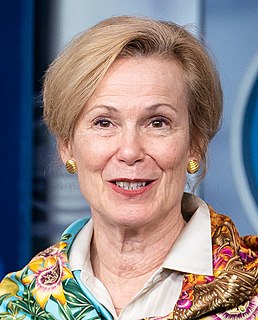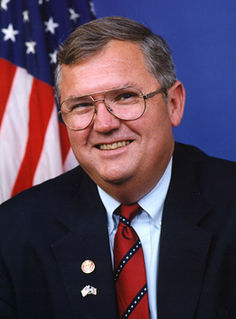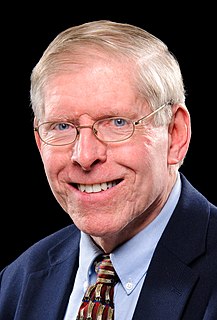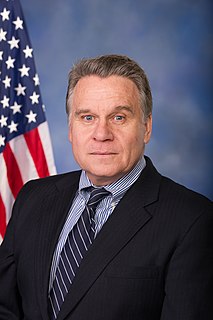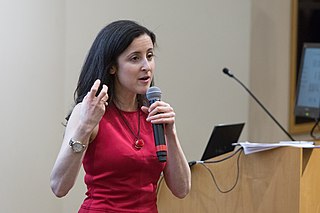A Quote by Deborah Birx
We want combination solutions at the state level, at the local level - whether we've learned from the Chinese about creating what we've been calling COVID wards - creating the ability to actually care for larger numbers of clients and patients in a more concentrated way which allows more oversights so we could really track patients.
Related Quotes
A study of over 10,000 patients shows clearly that chemo's supposedly strong track record with Hodgkin's disease (lymphoma) is actually a lie. Patients who underwent chemo were 14 times more likely to develop leukemia and 6 times more likely to develop cancers of the bones, joints, and soft tissues than those patients who did not undergo chemotherapy .
I'm not prescribing non-doing as a universal response to our problems. Sometimes, something obviously needs to be done. And we retreat into a spiritual or meditative state that we fancy up by calling it mindfulness, but really it's an unhealthy detachment and a shrinking back from life. But culturally, it's much more common to be trapped in habits of reaction, whether on a systemic level or on a personal level. That's where the non-doing comes in, which is something that we don't really have room for. I think that it's something we need to embrace as part of the creative process.
Ever since Katrina, there has been a proliferation of efforts at the state level and among hospital administrators to come up with guidelines that would help professionals stuck in a situation like this to prioritize patients. These are questions of values much more than they are of medicine or nursing. They're the province of everybody.
One of the problems of truth being censored for a really long time is that people lose the ability to intuit what truth might be, and therefore begin to swallow whatever they're fed. I think that's something that the Chinese have learned very well. They've even managed to persuade quite large segments of the population that the martyrs of Tiananmen were actually an anti-national element. People don't view them as heroes, they see them as troublemakers. There you have a combination of censorship of truth creating a new truth, which is the lie, but it's not seen as such.
